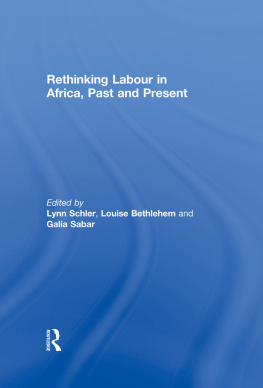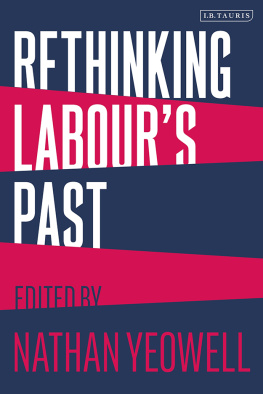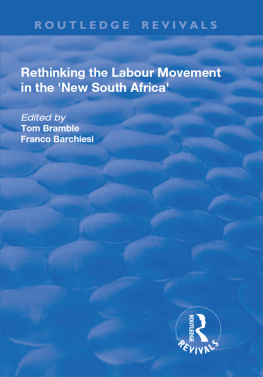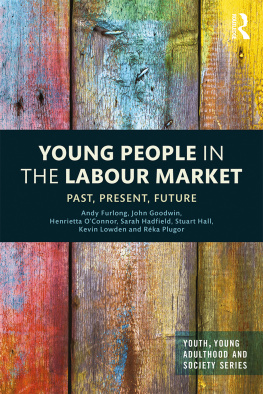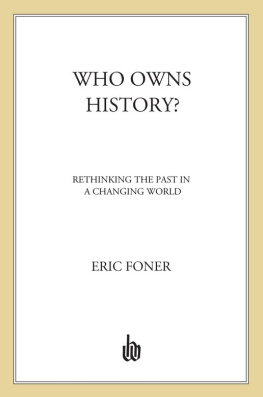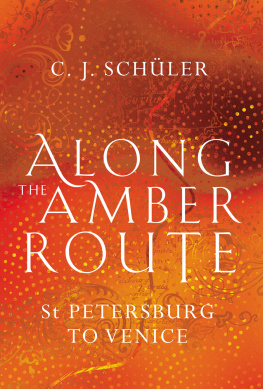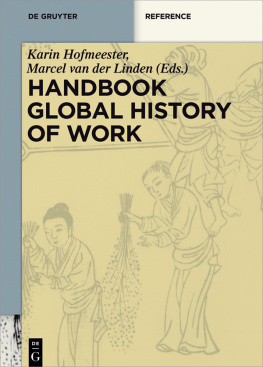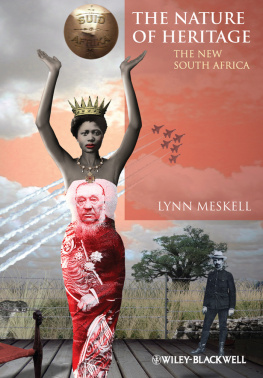Rethinking Labour in Africa, Past and Present
This book offers a broad range of perspectives on major transformations in the research of labour in African contexts over the last twenty years. This is a groundbreaking work by social scientists and historians; adopting innovative paradigms in the study of African labourers, working classes and economies, it moves away from stringent Marxist perspectives towards more localised and fluid conceptions of materiality and productivity. Against the backdrop of increasing mobility of labour and capital, the authors demonstrate the need for a simultaneous consideration of local, national and transnational contexts.
This collection provides multiple perspectives on how African workers have negotiated changes and exploited opportunities in increasingly globalised workplaces, while at the same time confronting the impact of global capitalist expansion on local settings in Africa.
This book was previously published as a special issue of African Identities.
Lynn Schler is a Lecturer in African History in the Department of Politics and Government at Ben Gurion University, Israel. Her work has focused on the cultural and social history of colonialism in West Africa, with an emphasis on urbanization and community building. She is the author of The Strangers of New Bell: Immigration, Public Space and Community in Colonial Douala, 1916-1960.
Louise Bethlehem is Senior Lecturer in the Department of English at The Hebrew University of Jerusalem, where she currently also heads the Program in Cultural Studies. She co-edited the Routledge volume Violence and Non-Violence in Africa, and Skin Tight: Apartheid Literary Culture and its Aftermath (also published by Routledge).
Galia Sabar is a Senior Lecturer and the Chair of African Studies at Tel Aviv University. She is the author of Church, State, and Society in Kenya; From Mediation to Opposition, 1963-1993 (also published by Routledge), and co-editor of AIDS Education Prevention in Multi-Cultural Societies.
Rethinking Labour in Africa, Past and Present
Edited by Lynn Schler, Louise Bethlehem and Galia Sabar
First published 2011 by Routledge
2 Park Square, Milton Park, Abingdon, Oxon, OX14 4RN
Simultaneously published in the USA and Canada
by Routledge
270 Madison Avenue, New York, NY 10016
Routledge is an imprint of the Taylor & Francis Group, an informa business
2011 Taylor & Francis
This book is a reproduction of African Identities, volume 7, issue 3. The Publisher requests to those authors who may be citing this book to state, also, the bibliographical details of the special issue on which the book was based.
Typeset in Times New Roman by Value Chain, India
All rights reserved. No part of this book may be reprinted or reproduced or utilised in any form or by any electronic, mechanical, or other means, now known or hereafter invented, including photocopying and recording, or in any information storage or retrieval system, without permission in writing from the publishers.
British Library Cataloguing in Publication Data
A catalogue record for this book is available from the British Library
ISBN13: 978-0-415-58802-7
Disclaimer
The publisher would like to make readers aware that the chapters in this book are referred to as articles as they had been in the special issue. The publisher accepts responsibility for any inconsistencies that may have arisen in the course of preparing this volume for print.
CONTENTS
Lynn Schler, Louise Bethlehem and Galia Sabar
Pnina Werbner
Batrice Hibou
Isaie Dougnon
Emily Lynn Osborn
Lynn Schler
Hagar Salamon, Steven Kaplan and Harvey Goldberg
Louise Bethlehem and Terry Kurgan
Louise Bethlehem is senior lecturer in the Department of English at The Hebrew University of Jerusalem, where she is also currently the head of the Programme in Cultural Studies. She has written widely on postcolonialism, gender and South African literary and cultural history and historiography. Together with Pal Ahluwalia and Ruth Ginio, she co-edited the Routledge volume Violence and non-violence in Africa (2006). Her book, Skin tight: apartheid literary culture and its aftermath (Unisa/Brill, 2006) is currently being translated into Hebrew. Her most recent research deals with witness and cultural memory with a particular focus on South Africas Truth and Reconciliation Commission.
Isaie Dougnon is a Professor of Anthropology at the Facult des Lettres, Langues, Art et Sciences Humaines (FLASH), Department of Social Sciences, University of Bamako. His research on migration and labour from Dogon Land to Office du Niger (Mali) and to Ghana has resulted in the recent book Travail de blanc, travail de noir: la migration des paysans dogon vers lOffice du Niger et au Ghana (19101980) (2007, Paris, Karthala) and several articles. From 2003 to 2005 Dr Dougnon carried out a research on migration and small-scale irrigation in the Northern Region of Mali. Currently, he leads the Groupe de Recherches sur les Migrations Maliennes Internes lAfrique (GREMI) based at the FLASH, Department of Social Sciences.
Harvey E. Goldberg is Sarah Allen Shaine Chair in Sociology and Anthropology, Emeritus at the Hebrew University of Jerusalem. His books include Jewish life in Muslim Libya: rivals and relatives (University of Chicago Press, 1990), Sephardi and Middle Eastern Jewries (edited, Indiana University Press and The Jewish Theological Seminary of America, 1996), The life of Judaism (edited, University of California Press, 2001), and Jewish passages: cycles of Jewish life (University of California Press, 2003).
Batrice Hibou is director of research of the CNRS at CERI-SciencesPo (Paris). She holds a Ph.D. in political economy from the cole des Hautes tudes en Sciences Sociales (EHESS, 1995). Her comparative research in political economy focuses, from a Weberian perspective, on the political significance of economic reform, based on cases from sub-Saharan Africa, the Maghreb and Europe. Her most important publications include La Force de lobissance. Economie politique de la rpression en Tunisie, Paris, La Dcouverte, 2006 (to be published in 2011 with Polity Press); Privatising the State, London, Hurst and New York, Columbia University Press, 2004; The Criminalisation of the State in Africa (with Jean-Franois Bayart and Stephen Ellis), London, James Currey and Indiana University Press, 1998.
Steven Kaplan is Professor of Comparative Religion and Middle Eastern and Islamic Studies at the Hebrew University of Jerusalem. Professor Kaplans research concerns the religious and social history of traditional Ethiopia. He has written extensively on Orthodox Christianity, missions and the dynamics of conversion. He is also an expert on Ethiopian Jews and has written several books and numerous articles on their history in Ethiopia and adjustment in Israel. He is former Dean of the Faculty of Humanities at the Hebrew University of Jerusalem where he has recently been appointed Academic Director of the Truman Institute. During the 200708 academic year, Steven Kaplan was at the Radcliffe Institute for Advanced Studies (Harvard University) as part of a humanities cluster: Cultural Creativity in the Ethiopian Orthodox Diaspora in the United States.
Terry Kurgan is an artist who lives and works in Johannesburg. Her practice is characterised by a keen interest in the confluence of public and private realm issues and spaces. Most recently, her work has engaged with the transformation of Johannesburgs inner city. She is currently working on Hotel Yeoville a multi-media exhibition, web project and book publication (November 2009). The project aims to produce a social map of a neglected inner city neighbourhood that is home to a largely invisible community of migrants from all over the African continent. Terry Kurgan has been awarded many prizes and grants, exhibited broadly and her work is represented in most major public and corporate South African collections and art publications. For more information about her work, visit her website: http://www.terrykurgan.com


